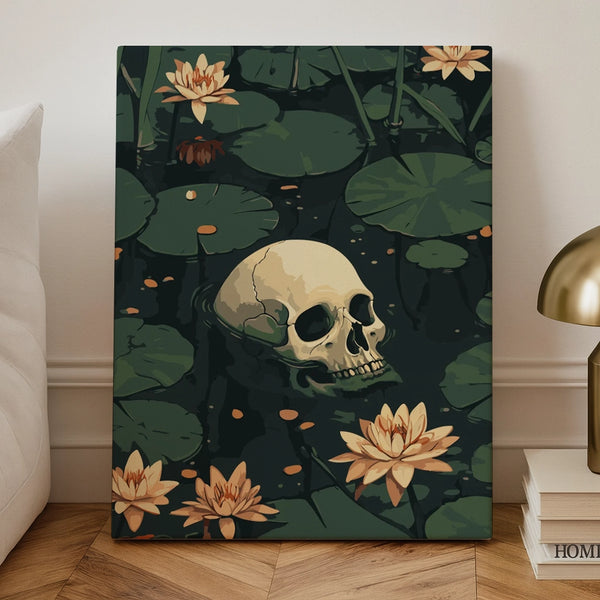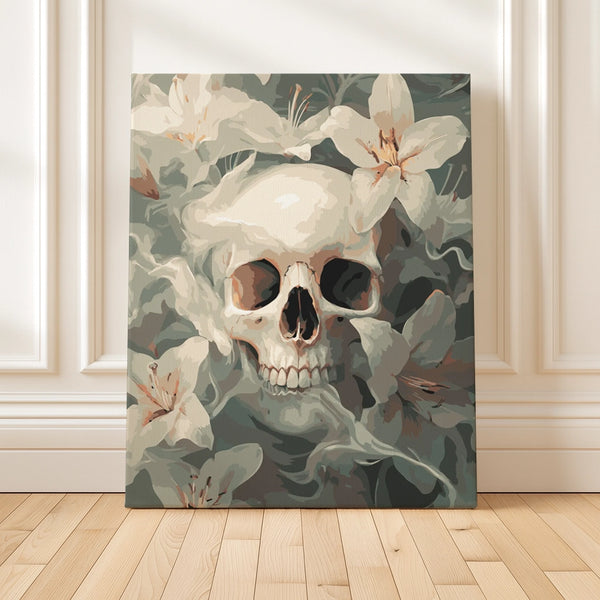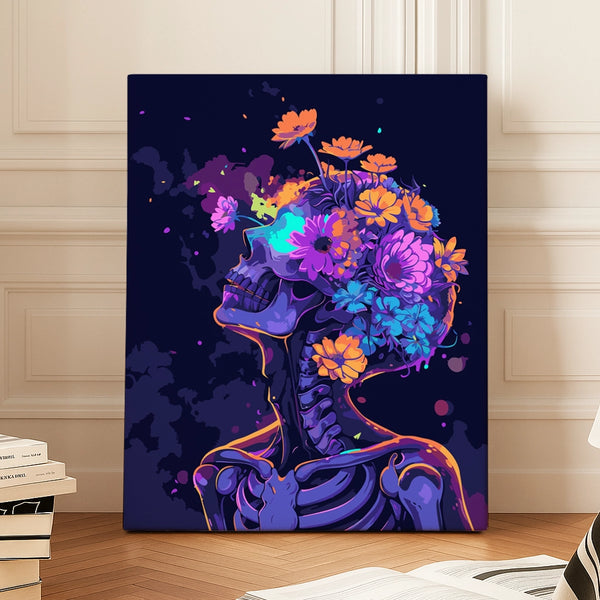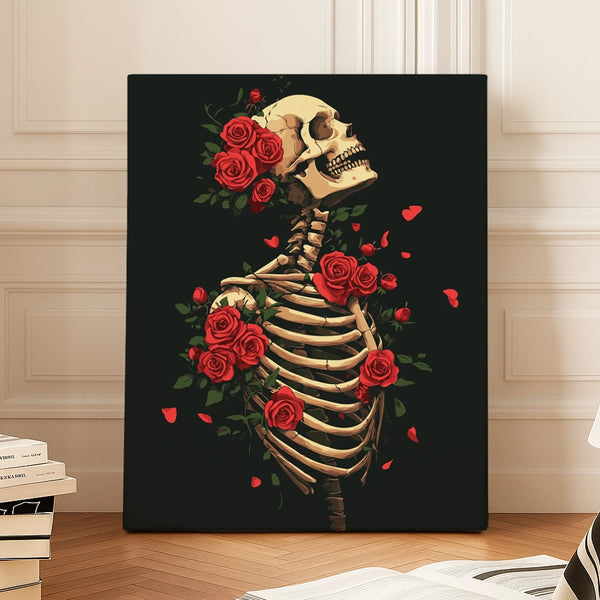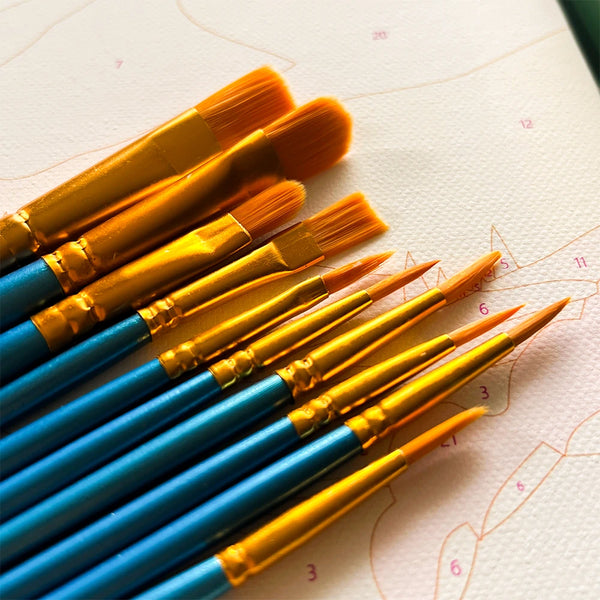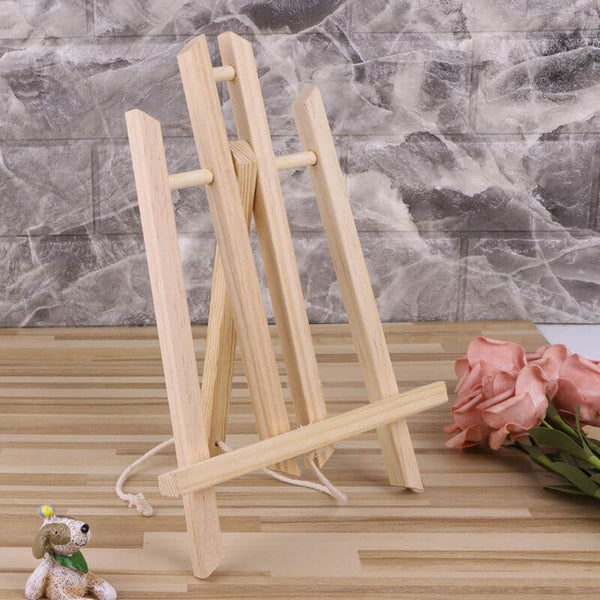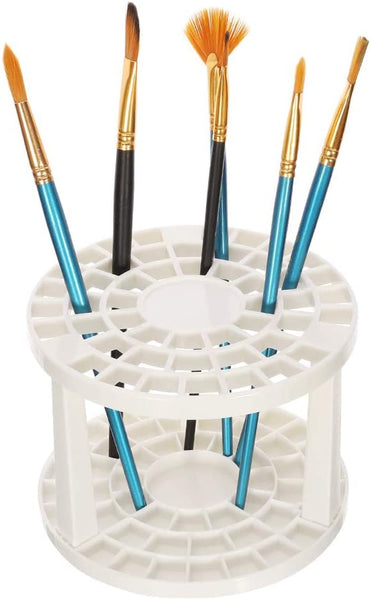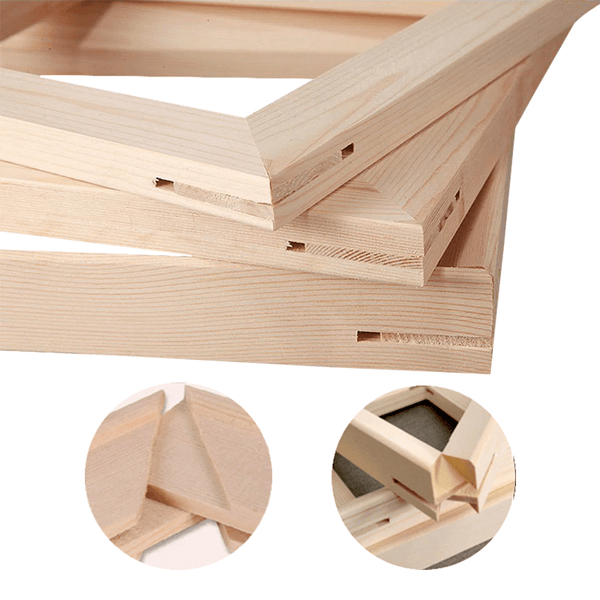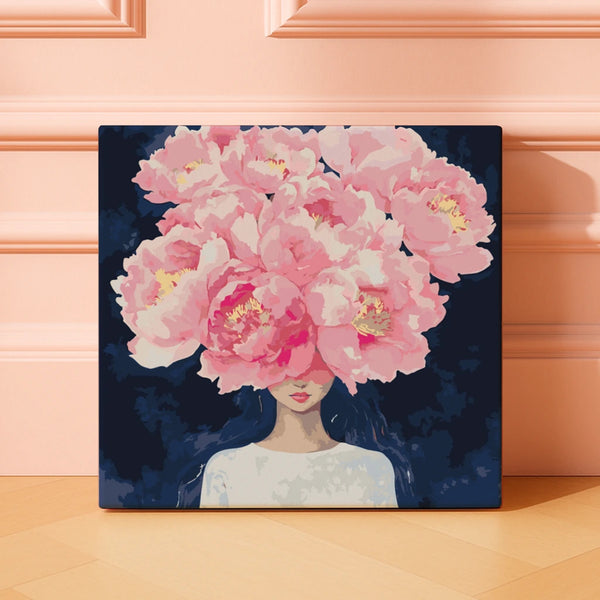We tend to overestimate what we can do in a day and underestimate what we can accomplish in a year - especially when small habits are involved. In a world that glorifies dramatic transformations and overnight success stories, it’s easy to forget the quiet power of daily actions. But here’s the truth: habits are how we become who we are.
Whether you want to feel more calm, become more creative, improve your health, or simply find more meaning in the everyday, the key often isn’t intensity - it’s consistency.
This post is for anyone who’s ever felt stuck, overwhelmed, or like change just isn’t working. Let’s explore how habits gently, but powerfully, shape our lives.
1. Habits Reduce Mental Load
Every day, we make hundreds (if not thousands) of decisions. From the moment we wake up, we’re deciding: Should I get up now or snooze? What do I wear? Should I answer that message now or later? What do I eat for breakfast?
This mental chatter adds up. It's called decision fatigue, and it’s one of the main reasons we feel exhausted even before noon. Habits cut through that clutter. When you follow a routine, your brain gets a break from the pressure of choice. You don’t have to decide to journal or go for a walk - it’s just what you do.
This frees up your mental energy for the things that truly require focus: your relationships, your creative projects, your work. In short, habits let your brain breathe.

2. Habits Rewire the Brain
Our brains are incredible at creating shortcuts. This is why you can drive home without consciously thinking about every turn or tie your shoes on autopilot. It’s also why forming a habit - whether it’s drinking more water or checking your phone first thing - becomes easier over time.
Neuroscientists call this process neuroplasticity: the brain’s ability to adapt and rewire itself through repeated behavior. When you repeat an action consistently, you're building new neural pathways. Over time, these pathways become stronger - like well-worn trails in a forest.
This is great news because it means change isn’t a personality shift. It’s a practice. You don’t have to be a “disciplined person.” You just have to show up for yourself often enough that your brain starts working with you, not against you.
3. Small Habits Compound
You’ve probably heard of the compound effect: small, consistent actions adding up to significant results over time. It’s the magic behind saving money, getting fit, and yes - becoming more mindful or creative.
Think of it this way: if you read 10 pages a day, you’ll finish around 12 books a year. If you walk for just 20 minutes daily, that’s over 120 hours of movement annually. If you paint for 15 minutes on Sundays, you’ll spend 13 hours a year creating something just for yourself.
It might not sound like much in the moment, but that’s the beauty of habits - they build momentum. Small choices turn into routines. Routines turn into identity. Suddenly, you’re not trying to be someone new - you are.
4. Habits Are Anchors in a Chaotic World
Life is unpredictable. Plans get cancelled. Moods shift. The news overwhelms. And in the midst of it all, it’s easy to feel unmoored. That’s where habits come in.
A habit can be as simple as lighting a candle before dinner, stretching before bed, or putting on your favorite playlist while making coffee. These little rituals ground you. They create rhythm. Even if everything else feels out of control, you know you’ll do this - because it’s yours.
Habits are a form of self-trust. They whisper, “You’re still here. You’ve got yourself.” And that sense of stability is more powerful than we give it credit for.

5. Habits Reflect Who You Are Becoming
There’s a beautiful quote by James Clear: “Every action you take is a vote for the type of person you want to become.”
When you drink water in the morning, you're casting a vote for a hydrated, energized you. When you sit down to paint every weekend, you’re voting for the artist within. These votes add up. They build a story - one where you’re not waiting for the “right time” or the perfect version of yourself. You’re becoming that person in small, consistent ways.
Habits don’t make you flawless. They make you real. They give you something to come back to on the hard days, and something to celebrate on the good ones.
6. Starting Small Is the Most Powerful Step
Here’s the part people often skip: your habit doesn’t need to be big. It needs to be doable. Sustainable. Gentle.
A daily walk around the block. One glass of water. Writing one sentence. Opening a paint kit and filling in a single color.
This isn’t laziness - it’s strategy. Starting small means you’ll actually start. And once you do, your brain starts to build that pathway. You create evidence that change is happening. The win is in the showing up.

7. How to Build a Habit You’ll Love
Want to start a habit that lasts? Try this:
-
Make it obvious. Leave your journal on your bed. Keep your paint kit on your desk.
-
Make it easy. Aim for 2 minutes. You can always do more, but don’t overpromise.
-
Make it enjoyable. Pair it with something you love — music, candles, a favorite drink.
-
Make it part of something. Tie your habit to something you already do. ("After I drink my coffee, I’ll do 10 stretches.")
And if you miss a day? That’s okay. Habits aren’t broken by imperfection — they’re built on the willingness to return.
Final Thoughts
You don’t need to overhaul your life. You don’t need to become a whole new person. You just need to take one small step today, and another tomorrow.
The magic of habits is that they don’t ask you to change all at once. They offer a quieter path. One that says: “Let’s do this slowly. Kindly. Together.”
So light that candle. Open that book. Uncap that paintbrush.
Big change is hiding in small things. And it’s waiting for you.


